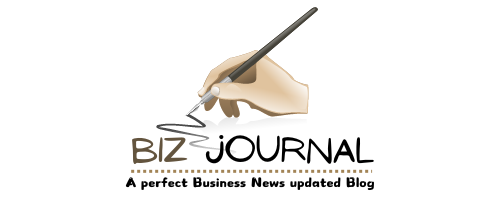All goods imported into the United States must be classified using a numerical code established according to international standards. Customs officials check shipments to make sure that the correct classification codes have been used. But what happens if a shipment’s classification is found to be incorrect? That depends on what else customs officials find.
Ohio-based Vigilant Global Trade Services is a company that offers, among other things, import classification services. They assist clients with import classification because they know what happens when shipments are classified incorrectly. It is their intention to assure clients are never bogged down by anything that could hold up shipments.
Delays at the Border
There are a number of things that can happen if Customs officials determine that import classification codes are incorrect. The most common consequence is a border delay. In other words, Customs must hold shipments until the mistake is corrected. The longer it takes for the importer or exporter to get things straightened out, the greater the chances that the entire shipment will be jeopardized.
Anyone who does business globally knows that border delays are costly. They also make for unhappy customers. Having a shipment delayed due to a simple misclassification error can be terribly frustrating. That’s why companies are willing to pay for third-party import classification services.
Shipment Seizure
Customs does run across situations in which it appears as though goods are misclassified intentionally. This can be done to avoid duties and taxes. It is sometimes done in an attempt to hide products that are not legally allowed for import. In either case, any suspicion of illegal activity could lead to an entire shipment being seized by Customs. If that happens, good luck getting it back.
Penalties for Noncompliance
Improper product classification can lead to noncompliance penalties. Whether or not penalties are imposed often depends on the circumstances surrounding that particular shipment. Note that there are two types of violations: administrative and criminal. You can probably guess which type is more severe.
Criminal violations are punishable with fines of up to $1 million and 20 years in prison. Administrative violations are punishable with fines of up to $300,000 or twice the value of the affected shipment. All the penalties are assessed on a per violation basis.
Loss of Trading Privileges
Even if an importer doesn’t face stiff financial or criminal penalties, misclassified goods could result in a loss of trading privileges. In other words, the company would no longer be legally allowed to import goods from overseas. Imagine what impact that would have on a retail business whose entire inventory relies on imports.
In addition to the loss of privilege, other companies may be prohibited from doing business with the violator in any way that would involve future importation. So the violator could not contract with another company to import goods on its behalf.
It Pays to Get It Right
Customs officials are careful to check shipments to guarantee that everything is on the up and up. Knowing what could possibly happen if incorrect import classification is discovered, it makes sense to not take any chances. It makes sense to get it right. In fact, it pays to do so. It may seem like import and export classification rules are clumsy and onerous. Perhaps they are. But the government entities responsible for implementing the rules are not likely to change them at any point in the near future. Therefore, it is in the best interests of importers and exporters alike to make sure they are classifying goods correctly. Otherwise, bad things can happen.

